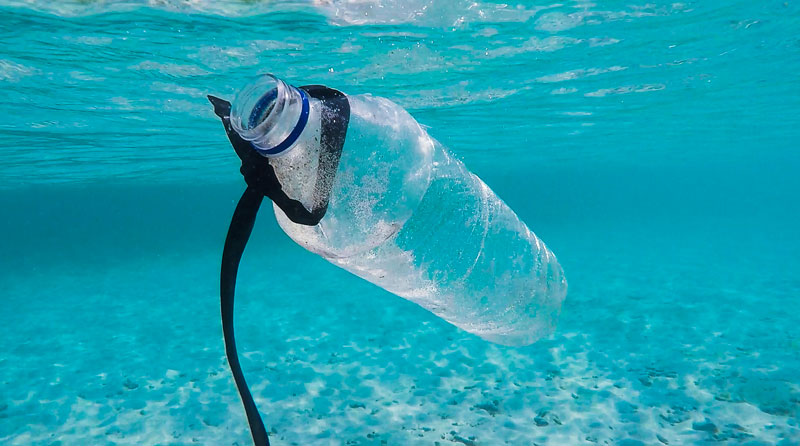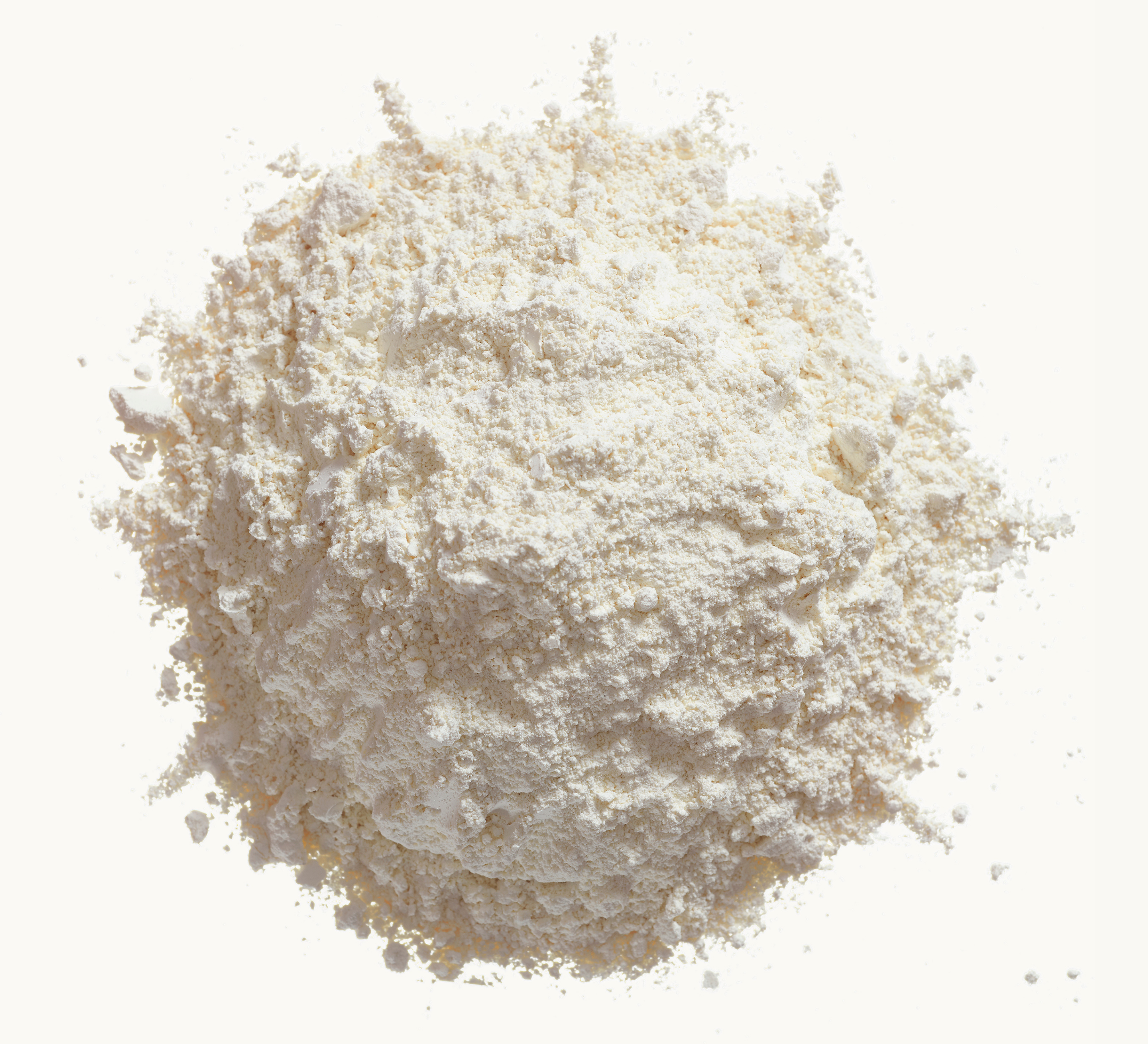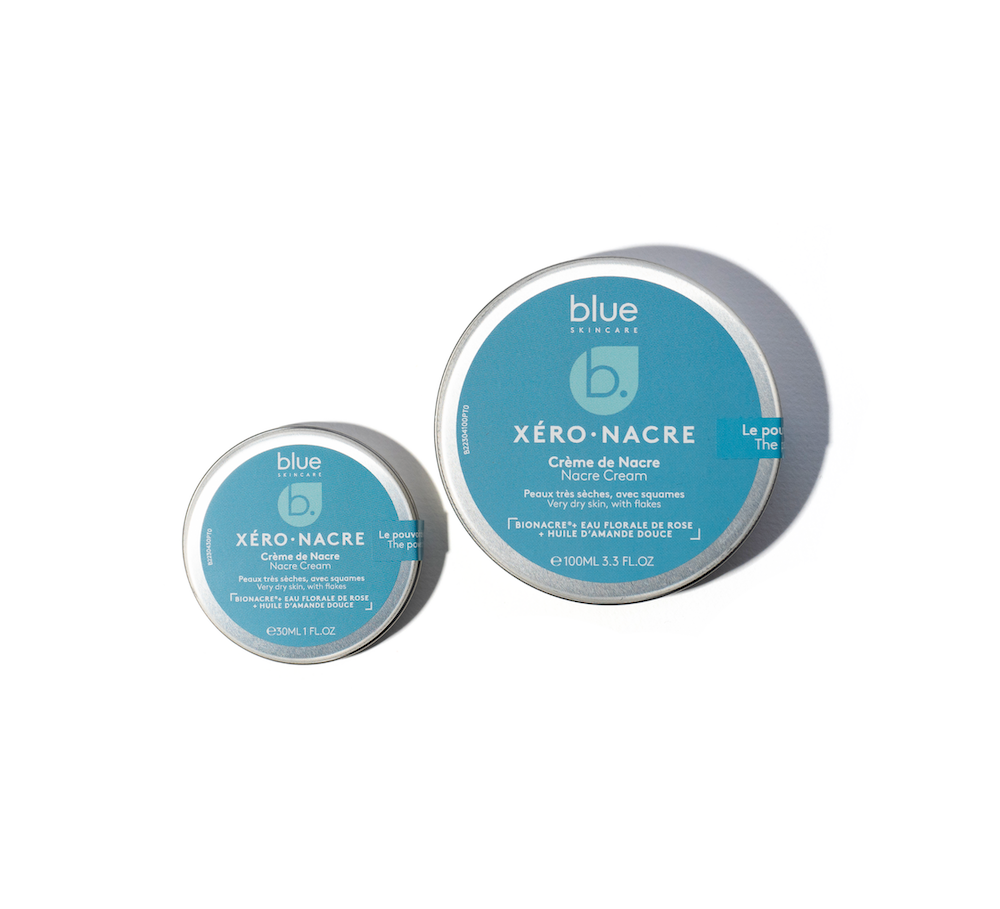Ecology is on the front page of many magazines. While information on this “ clean planet ” topic is everywhere, false beliefs persist. Some preconceived ideas deserve to be debunked: 5 answers to help you understand better.
The lungs of the earth are the Amazon rainforest: that's false!
Yes, the Amazon rainforest and its plants produce oxygen while capturing CO2 (carbon dioxide or carbonic gas) with their leaves. But plants do not produce oxygen at night, they consume it: their oxygen production is mainly used for their own respiration, not so much for ours. In addition, the quantities of oxygen emitted depend on the vigor of the trees, but the Amazon rainforest is no longer young: according to scientists, it produces about 10% of the oxygen consumed by humans.

The true lung of the Earth is the ocean. It is the leading producer of O2 and recycler of CO2 thanks to phytoplankton, or plant plankton, which absorbs CO2 and releases oxygen on the same principle as photosynthesis. These plant microorganisms and tiny algae constitute a much larger biomass than that of forests, making the sea a major natural carbon sink. Some species of these organisms store carbon in their skeletons which, by settling on the ocean floor, trap CO2 in marine sediments, thus definitively preventing it from participating in the greenhouse effect. So let's protect this blue lung , but also fight against the deforestation of the Amazon forest which is essential to protect biodiversity , regulate the climate of South America and maintain humidity.
Plastic is infinitely recyclable: that’s false!

Plastic , as long as it is properly sorted and truly sent to a recycling center, cannot produce identical objects, which is the very definition of recycling. A glass bottle creates a new one, but for plastic, not only is the action limited (because by dint of being retransformed, the material degrades and loses certain qualities) but it also requires the contribution of a part of virgin plastic in order to ensure a certain quality to the final product.
Recycled plastic can, however, be transformed into objects or construction materials. Unfortunately, to exist, these "by-products" require additives that prevent further recycling and end up buried or incinerated. It is therefore a second life, but it is the last. Hence the interest in boycotting the purchase of plastic products or products packaged with plastic.
Nuclear power plants emit CO2: it’s false!

A majority of French people believe that nuclear power contributes to global warming . In reality, nuclear power emits very little CO2 – less than solar panels – compared to the amount of energy it produces. This electricity production, due to the fission of uranium atoms, produces heat that changes water into steam, steam that drives a turbine connected to an alternator, which itself produces electricity. There is therefore no combustion. The construction and maintenance of power plants as well as the extraction of uranium emit a little CO2, as with all renewable energies , but overall, nuclear power is a clean energy.
The IPCC (International Panel on Climate Change) even considers the development of nuclear energy as a solution to combat global warming! On the other hand, radioactive waste, which can be dangerous, is treated and subject to very strict regulations to avoid any contamination.
Eating organic preserves the soil: it’s false!

Although the AB charter prohibits synthetic pesticides, it authorizes those which come from "natural substances or substances derived from natural substances" and some belonging to a list with a few exceptions (slaked lime, paraffin oil which is derived from petroleum, sulfur or even copper sulfate).
Indeed, natural does not mean harmless to humans or devoid of harmful effects on the environment. The specifications therefore target chemical products, but do not prohibit other aspects such as practices that are aggressive to the soil: organic farming can use ploughing just as much as traditional farming, even though it is one of the most disruptive practices for soils and biodiversity.
If we exclude "industrial" organic farming, organic farmers fortunately adhere to a more global and virtuous philosophy even if it is not mentioned in the specifications. To remember, non-organic conservation agriculture which advocates virtuous practices: not plowing the soil, avoiding bare soil by sowing a "vegetable cover", which prevents it from degrading and losing its precious organic matter. Unfortunately, it requires the use of glyphosate between two seeds to remove this cover.
To do it right, organic farming should be combined with good soil conservation practices: measuring organic matter in the soil, the presence of earthworms, crop rotation and diversity, which some already call ABC, organic conservation agriculture. The agriculture of tomorrow?
Electric cars do not pollute: that’s false!

Electric cars do not necessarily pollute less than gasoline cars. And they pollute differently.
It is first of all because of its batteries - which require rare metals to function - that the construction of the electric car is polluting.
Then, even if the engine does not emit pollution when the car is running, the electricity needed to operate it can come from more or less polluting sources, such as:
- fossil fuels (such as coal, oil and gas)
- green or “decarbonized” energies such as nuclear, hydraulic or renewable energies (solar, wind, geothermal, biomass, etc.) which emit very few greenhouse gases.
Each country uses a mixture of these energies to produce all of its electricity. Thus, an electric car recharged in France, where electricity is produced 75% from nuclear energy, involves very low CO2 emissions. On the other hand, an electric car in China or India consumes electricity produced mainly from coal, the most polluting energy in terms of CO2 and fine particles.
A petrol or diesel car pollutes a little less during its construction, but much more throughout its use.































